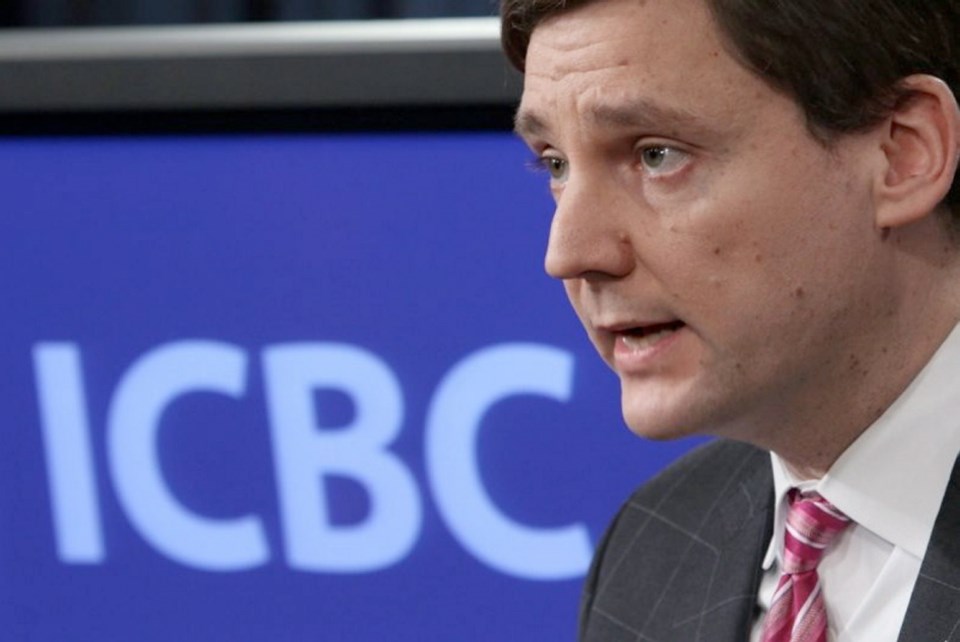VANCOUVER — B.C. trial lawyers object to being blamed by Attorney General David Eby in his announcement Friday that ICBC now expects worse-than-predicted losses of $890 million this fiscal year.
Eby said in a statement that the Insurance Corp. of B.C.’s second-quarter results show its financial position remains serious, after it ran a $1.3 billion deficit in 2017-2018. He has called ICBC a “financial dumpster fire” and on Friday reiterated his criticism of the previous B.C. Liberal government for ignoring ICBC’s dire state and keeping it hidden from the public.
“This financial situation reflects the mounting pressure ICBC is under from the rising number and cost of claims,” Eby said. “The primary reasons are higher bodily injury costs, as well as claims taking longer to resolve, which often result in higher claims costs. A key driver of these costs is a growing trend toward plaintiff lawyers strategically building the value of the claim — costs which have to be paid for by ICBC ratepayers.”
Eby said that since March last year, the dollar value of settlements demanded by lawyers for plaintiffs rose by 27 per cent and the average cost of closed, litigated injury claims for the first six months of fiscal 2018 hit $121,686, up from $100,427 during the same period last year.
Those lawyers are also spending more money to build their cases, increasing the average cost of experts and reports by 20 per cent, Eby said.
The Trial Lawyers Association of B.C. was dismayed by Eby’s new deficit forecast and placement of blame on its members.
“It’s surprising and disappointing that the attorney general of British Columbia — whose role as the AG is unique among the cabinet and is often referred to as a quasi-judicial-type appointment where he’s supposed to be responsible for the public interest — is taking the opportunity to blame lawyers entirely for ICBC’s losses rather than holding ICBC to account in any respect for the way they’ve treated British Columbians over the last 10 years,” said lawyer John Rice, who sits on the association’s executive.
“He fails to explain what this government has done to hold ICBC accountable for its mismanagement.”
Rice said government is instead punishing the victims of car crashes by capping injury claims instead of forcing the corporation to make itself accountable after posting a $1.3-billion loss last year.
Rice’s association has called for the auditor general to conduct an independent review of ICBC.
Meantime, Eby said his government is looking at ways to speed up the process of fixing the insurer’s financial woes.
“Earlier this year, our government announced a suite of product changes to stem ICBC’s losses, provide enhanced care for people injured in crashes and to make insurance rates are fairer,” Eby said.
Eby said those changes are expected to bring in $1 billion in savings annually but won’t start until the reforms take effect on April 1, 2019.
In August, Eby announced proposed changes to auto insurance rates that would give about 39 per cent of drivers a reduction up to $50, 13 per cent between $50 and $100, and 15 per cent more than $100. Meantime, 11 per cent face increases up to $50, five per cent between $50 and $100, and 17 per cent more than $100.
The proposed changes would move ICBC’s basic insurance to a “driver-based model,” where at-fault crashes are tied to drivers rather than vehicle owners. New discounts would be given for new vehicles with manufacturer-installed automatic braking systems or which are driven less than 5,000 kilometres a year.
The government will also put a $5,500 cap next year on payouts for what it calls minor injuries.



